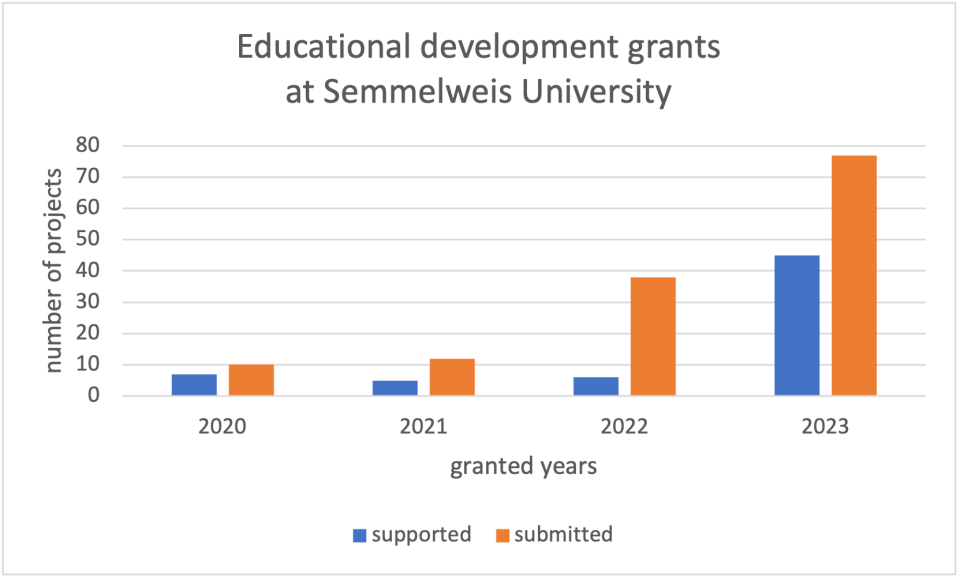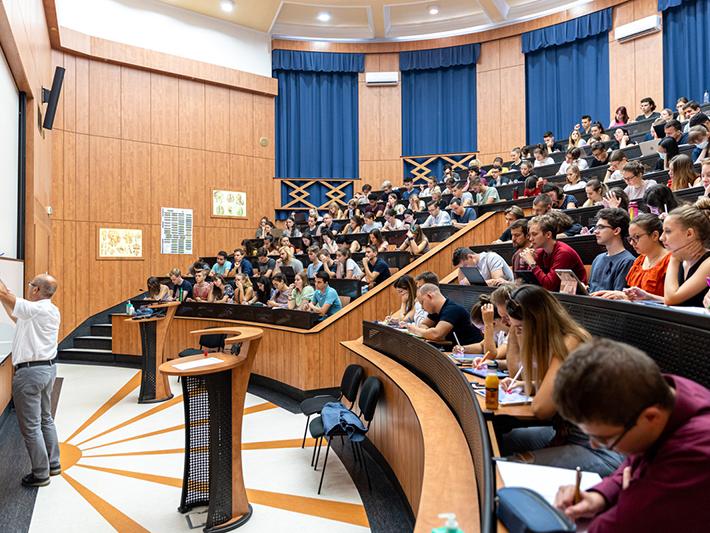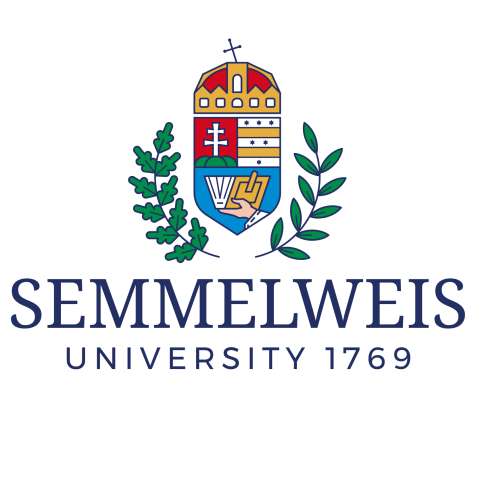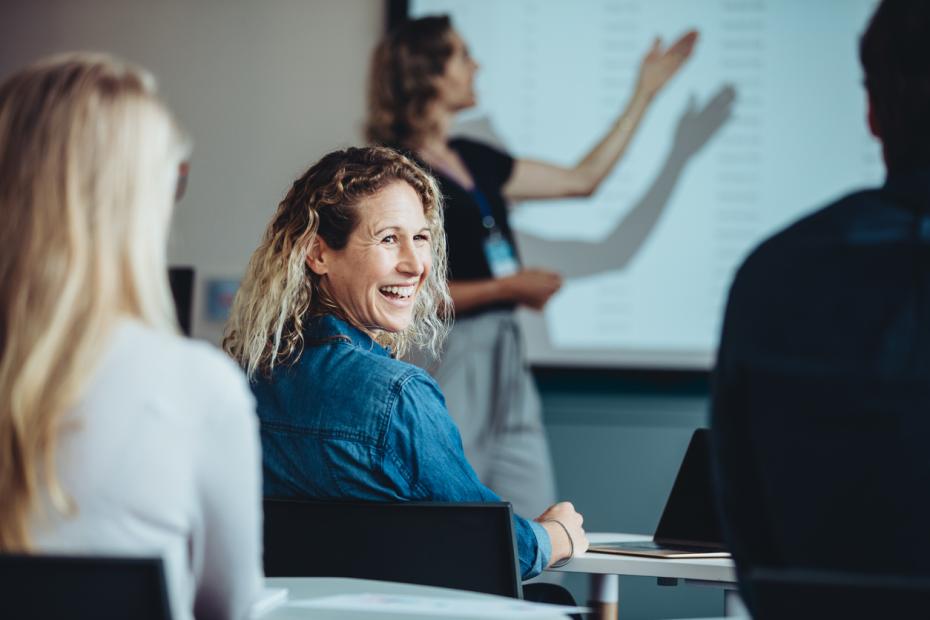
How to enhance teaching skills in a multidisciplinary environment
Changing skills demands, evolving technology and infrastructure, lifelong learning and the knowledge triangle of research, education and innovation all require educators to develop their own knowledge, skills and attitude. They may need to transform their teaching practices, open up to mass education, reskill, upskill or introduce microcredentials. That’s without mentioning adapting to the rise of artificial intelligence. The complexity of university teaching requires boundary crossing and multidisciplinary collaboration to meet ever increasing workloads.
Beyond these macro-level processes, teachers face other difficulties at the micro level. One of the biggest issues is that many of them are “non-formal educators”, which means that although they are instructors in their own discipline, they may lack pedagogical and methodological expertise if they have never been formally trained for teaching.
- Spotlight guide: A focus on interdisciplinarity in teaching
- How to manage empathy fatigue as a teacher
- Student engagement explained
So, the question is: how can teacher support programmes help professionals enhance the quality of their teaching while addressing these challenges?
Teacher support programmes in a multidisciplinary academic environment
University educators are frequently also full-time researchers or healthcare providers, so teaching is an additional responsibility for them. Teacher support programmes require flexibility and a multidisciplinary approach to teaching and learning to accommodate the diversity of the institution, as well as close cooperation between leadership, faculty and student organisations.
Semmelweis University, which comprises six faculties in medicine and health sciences, employs more than 3,000 teachers from over 100 institutions across hundreds of undergraduate and postgraduate programmes. The Center for Development, Educational Methodology and Organization (CDEMO) supports the internal educational development of faculties and the self-directed continuous teaching activities of lecturers. Academic staff have access to 15 building blocks in three basic (introductory), eight advanced (thematic) and four community-building programmes, each between two and 20 hours. Frequent calls for proposals support educational development projects in communities of practice.
What do the teacher support programmes offer?
Teacher support programmes primarily focus on developing a culture of reflection and supporting adapted communities of practice, a learning-centred approach, collaborative teaching and learning practice, constructive alignment of curriculum and course design, objective assessment of performance and competence development.
In addition to individual counselling, faculty development support can include basic and specialised training, and peer-support and community-building programmes. For non-formal educators, support should be not only individual – in terms of teaching methodology and technology – but also as members of course development teams. Communities of practice are an important pillar of faculty development when it comes to setting learning objectives, and aligning goals, activities and assessment, and they are key to fostering teamwork in local settings.
A personalised, self-paced learning environment facilitates the identification of skills and roles within the team, and opens space for individual development. Mapping the learner’s journey can help teachers to feel more confident and aware of the skills and roles needed in the curriculum design process, both individually and as a team. They also become empowered to exploit the potential of collaboration for quality work.
How do we design teacher support programmes?
Training design can be top down or bottom up and should align with institutional goals and values. All our programmes take into account factors such as trends in higher educational development, organisational strategies, faculty development goals, individual interests of teachers, and student feedback. Among the training programmes, “top down” design refers to those that are initiated, designed and delivered by the centre’s educational developers. “Bottom up” design, on the other hand, relates to those that are based on expert teachers’ best practices, explored in collaboration with the educational developers. This can be regarded as peer support for fellow teachers and an opportunity for the workshop facilitators to develop scholarship in teaching.
A blended learning environment and the modular structure ensure flexibility. The completion of each programme requires attendance, active participation, and collaborative and individual reflection. Semmelweis certifies completed building blocks with microcredentials. The flexible structure and voluntary participation in continuing professional development in teaching are better adjusted to their daily workload as healthcare providers, researchers and educators.
Assessing teacher satisfaction and faculty development
The effectiveness of teacher support programmes at CDEMO is assessed in four main areas: teacher satisfaction, individual teacher development, faculty development and student satisfaction.
Teacher satisfaction is tracked through quantitative and qualitative indicators, such as number of registrations, number of subscribers to newsletters and tutorial channels, number of participants, on-site feedback after each programme and returning participants. In three years, registrations have increased from 30 to 300, and all the teachers show interest in more than one event (typically four to seven events per teacher per year). On-the-spot feedback and written post-course reflections – such as, “I have never organised the different elements of education in a systematic way, but it is so much more logical and usable now” – show that the participants appreciate the quality of the programmes and the applicability of the methodological, technical, pedagogical inputs received, and not only return as participants but also promote training events to their colleagues.
Teachers’ individual development can be mainly measured by qualitative indicators such as improving the use of educational terminology, completing advanced training programmes, encouraging innovation and active participation in faculty development processes, conducting educational research activities, and outputs such as presenting at conferences, publishing in journals and participating in workshops as expert trainers.
Faculty development can also be measured with quantitative indicators. For example, at the International Conference on Educational Development 2023, a poster section was held for presenting 24 innovative educational projects from the six faculties of Semmelweis University. Educational development grants represent a thorough methodological support (see Figure 1). Since 2020, 137 of such proposals have been submitted, and all the working groups behind these proposals have been mentored, and roughly half (63) have been financially supported. The most innovative initiatives are being disseminated as best practice in the EduIdea programme, and 10 have become an EduLab train-the-trainers workshop.

Student feedback surveys can also be an indirect measure of teaching quality.
Teacher support programmes can offer a multidisciplinary, learner-centred, customised learning environment for continuing professional development in teaching. Our educators, based on feedback, enjoy our programmes and get new inspiration for teaching. As a result, their well-invested time and energy are rewarded with a sense of achievement, recognition within their teams and greater student satisfaction.
Borbála Kozma is a critical care nurse, an invited lecturer in the department of nursing in the faculties of Health Sciences and Medicine, and a key expert in the Center for Educational Development, Methodology and Organization at Semmelweis University, Budapest.
If you would like advice and insight from academics and university staff delivered direct to your inbox each week, sign up for the Campus newsletter.




